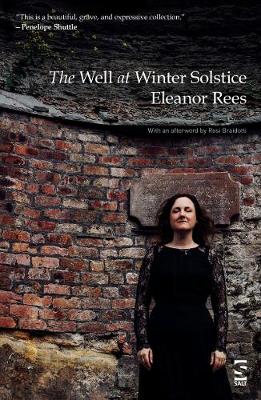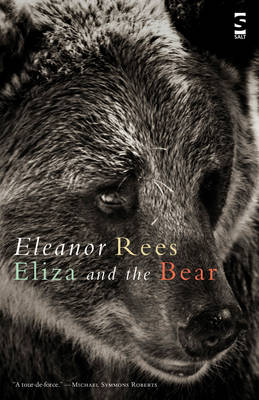Salt Modern Poets
3 total works
Short-Listed For The Felix Dennis Best First Collection Prize (Forward Prizes For Poetry 2007) Bridging the divide between experimental, performance and traditional poetries the poems in Andraste's Hair draw on myth, memory, folksong and murder ballad. Often set in a mythical Liverpool, a city of metamorphosis and magic, grotesque and beautiful, its buildings are a backdrop for visions and apprehensions of the past. Liverpool at night is a place where boundaries are crossed in search of knowledge, sexual, historical, and emotional - between life and death.
Natural and urban landscapes - woodland, city park, dock, terraced street, the river, provide settings for an exploration of the conflict between instinctive and cultured knowledge, between abstract thought and felt experience. The poems are active and forceful - looking for answers they never find. Realities are established and than subverted. Women become trees, cities become men, roads become rivers, night becomes dawn, and the world is constantly transformed, constantly in flux.
Collaborative processes inform the structure of many poems; fusion and the loss of self are preoccupying themes. The poetic voice is remade to articulate what has been discovered in the act of writing. Sometimes erotic, sometimes fierce, sometimes vulnerable the poems fuse a musical sense of language with a grounded vision of the world.
These are the voices of those who are silent: in the graveyards, holy wells, the river, the changing tides. A ghostly choir of lost children, hermits, lovers and rough sleepers, serving maids and sailor boys, saints and hermaphrodites resounding through the rhythms of the water. Places and objects communicate also: a chapel, oak tree, back-lane, woodland, riverside town; bones sing and a bell tolls. The poems speak with them and for them, channelling their messages, their visions and their warnings.
Eleanor Rees’s first collection, Andraste’s Hair was shortlisted for Best First Collection in the 2007 Forward Prizes and for the 2008 Glen Dimplex Poetry Award. In her second full-length collection she continues to play the role of mythologiser and tale teller, moving away from her previous subject, the imagined city, into the magical psyches of changeling creatures.
In powerful nocturnal encounters silent visitors travel from the dark world, take on elemental form and embrace Rees’s narrators with sensual and erotic urgency. Laced with tales of physical transformations, Rees’s use of fairy stories and night visions radically reimagines the female experience through the psychic collisions of the body and our desires.
Eliza and the Bear offers a man who gives birth, trees that sing, a dissolving house, a woman trapped in walls, a peasant farmer in his barren fields, the wife of a Victorian botanist who longs for a child while her husband ‘discovers’ the new world, winter songs and red hot hearths: mysterious forces which have their home within us all.


